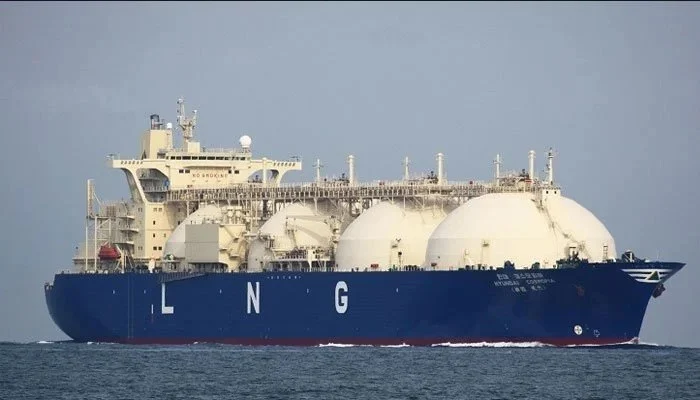Pakistan State Oil (PSO) liquidity crisis has reached an unprecedented hike in its receivables to Rs621.168 billion and payables to Rs268.5 billion, resulting in the company being unable to offload its liabilities about letters of credit (LCs) amounting to Rs218.5 billion for the import of furnace oil and LNG.
A senior official at the Ministry of Energy said that the PSO’s liquidity crisis had caused LNG supply at risk for the coming winter as the receivables and payables of PSO have reached Rs890 billion,
PSO’s receivables and payables position available with the publication, the non-payment amount of Rs400.258 billion by Sui Northern (SNGPL). The SNGPL has committed a default of Rs393.5 billion towards PSO. The utility also owes PSO Rs6.758 billion in the head of exchange rate loss.
According to the official, on November 11, the Petroleum Division stated that its borrowing limit had already reached the maximum. Therefore, if the situation continues unabated, it will not be able to borrow the finances further to maintain the LNG supply in the future.
The power sector remains a defaulter of Rs176 billion PSO. GENCOs (Electric Power Generation Companies) and CPPA (Central Power Purchase Agency) owe Rs146.877 billion, whereas HUBCO Rs24.737 billion and KAPCO Rs5.932 billion.
Pakistan International Airlines has also failed to pay Rs23.750 billion to PSO so far. However, in the head of price differential claims from the Government of Pakistan, PSO is needed to be paid Rs8.934 billion.
And in the head of the exchange rate differential on the FE 25 loan, PSO must be paid Rs10.680 billion.
PSO is also required to pay the amount of Rs50 billion to refineries, which includes Rs26.641 billion to PARCO (Pak-Arab Refinery), Rs9.783 billion to PRL (Pakistan Refinery Limited), Rs4.401 billion to NRL (National Refinery Limited), Rs8.309 billion to ARL (Attock Refinery Limited) and Rs866 million to ENAR.
PSO’s liabilities concerning LCs payments to KPC (Kuwait Petroleum Company) and LNG payments to Qatar have surged to Rs218.5 billion, which is how the total payables have skyrocketed to Rs268.5 billion.






